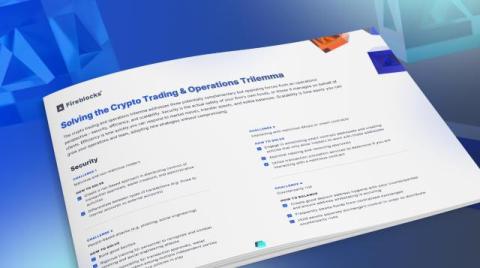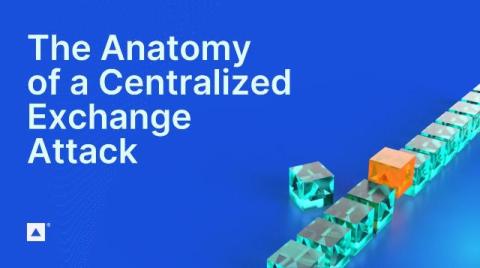Fireblocks x Lido Institutional: Bringing Liquid Staking to the Fireblocks Network
In response to growing institutional demand, Fireblocks has launched an integration with Lido to provide easy and secure in-platform access to Lido’s liquid staking protocol and stETH token. Users can now stake their ETH, receive rewards, and use stETH for on-chain activities, including Fireblocks Off Exchange, which allows Fireblocks users to lock their stETH in a self-custodial collateral wallet to trade on exchanges like Deribit and Bybit.











